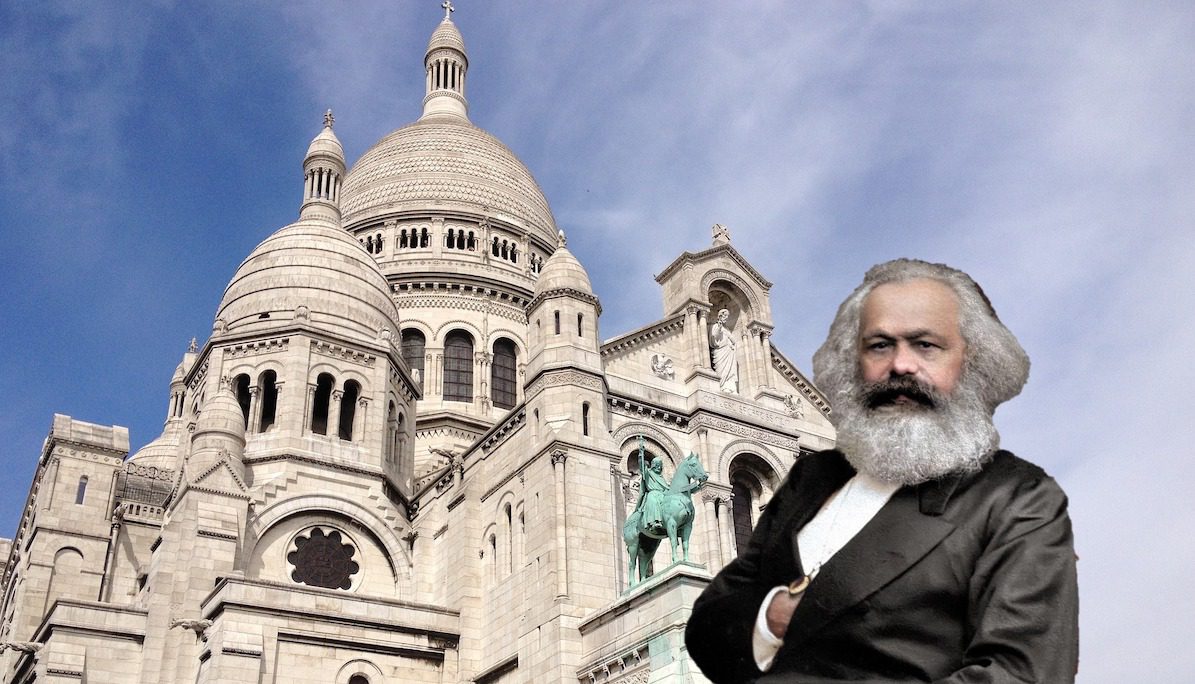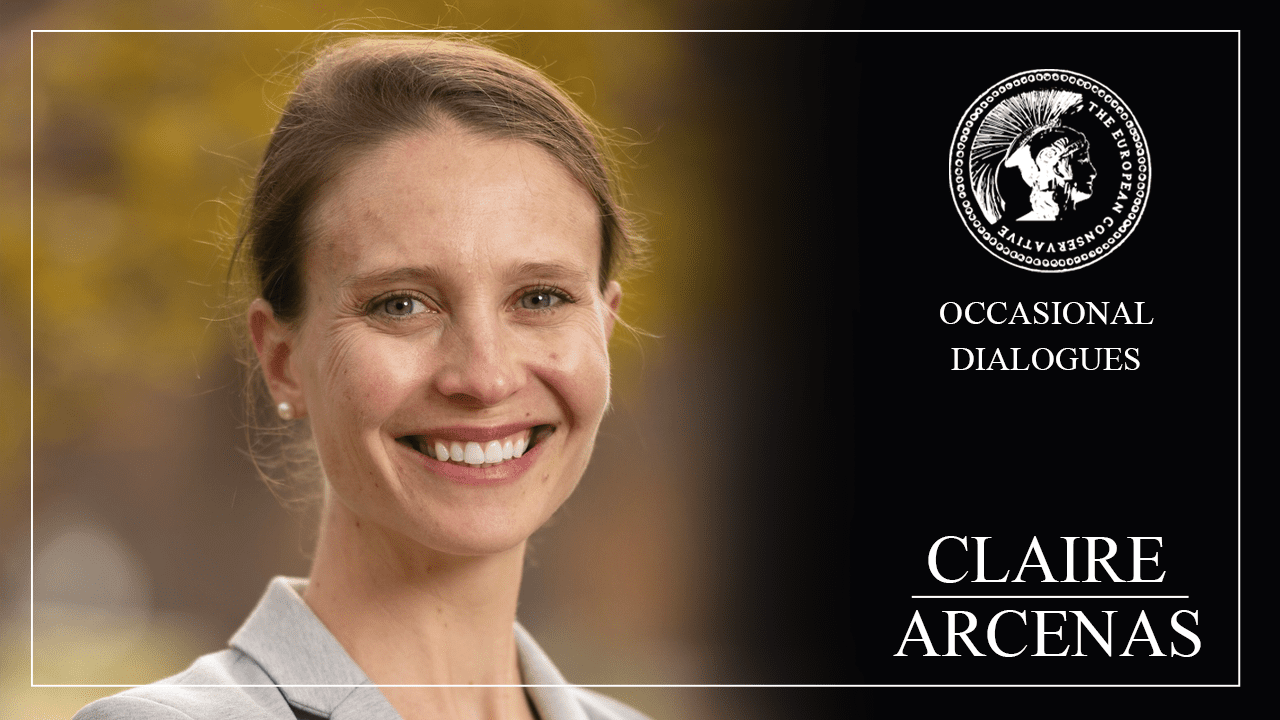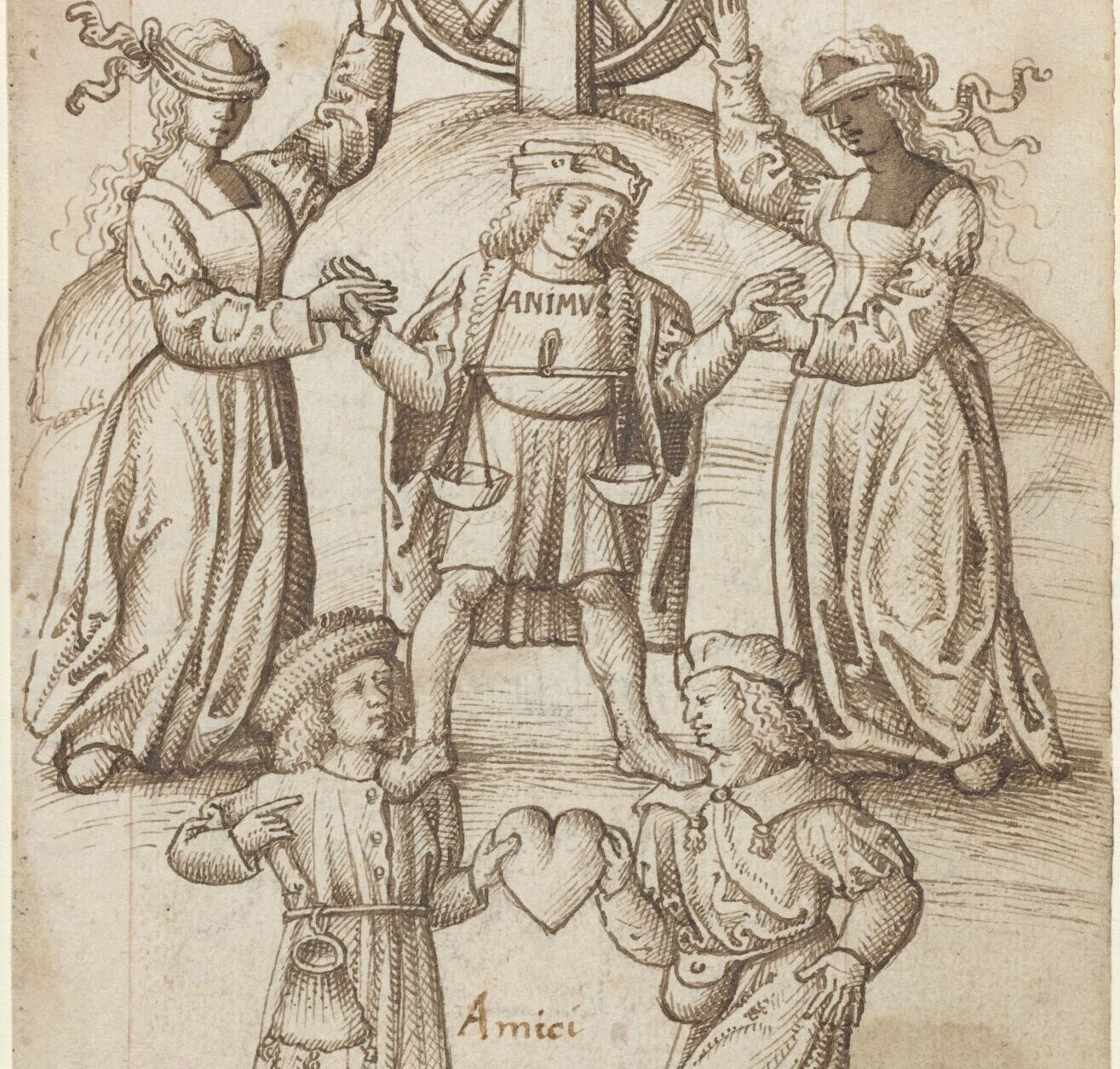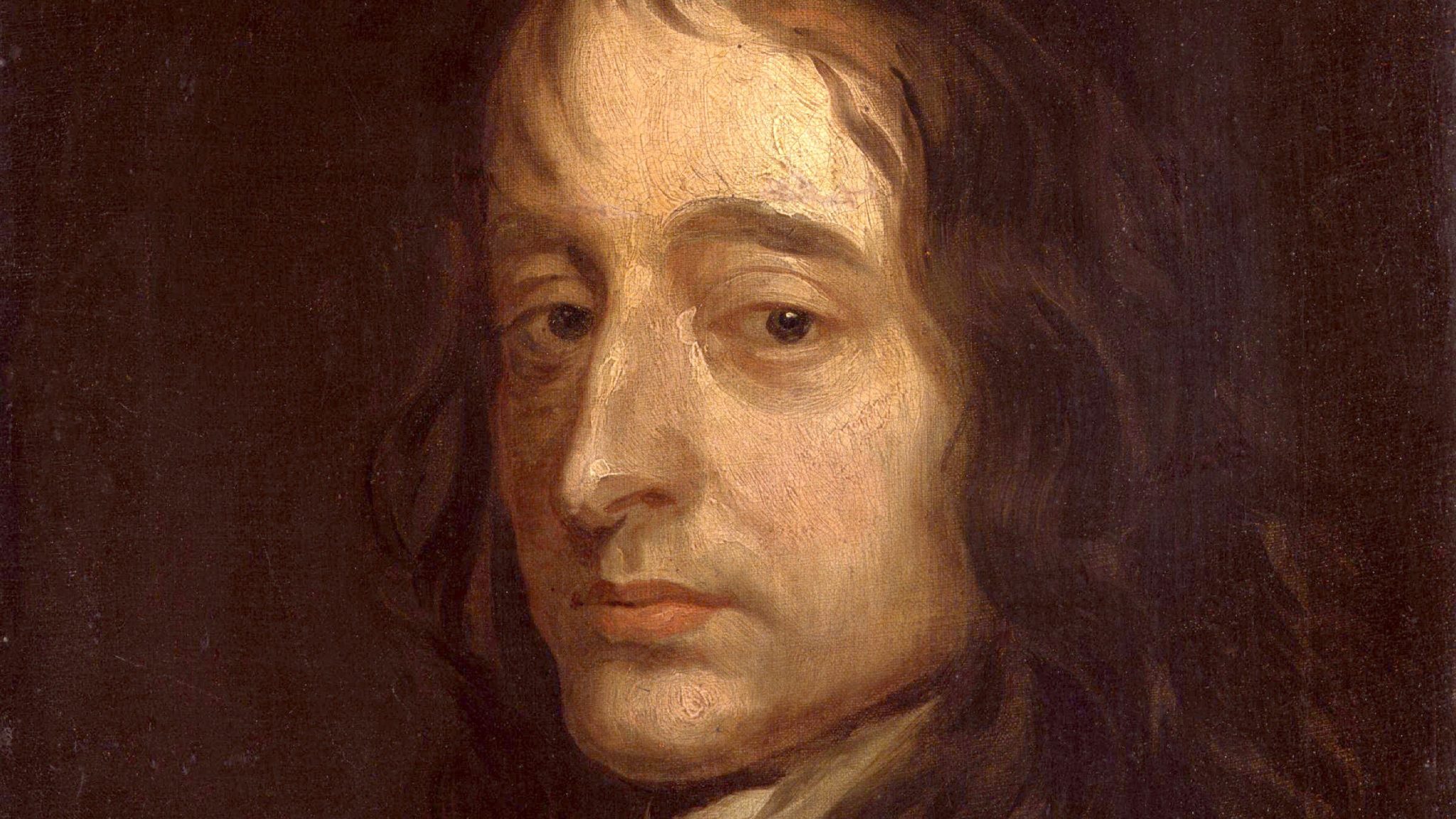
Catholicism, Communism, and the Ideal of Universal Recognition
Few contemporary Marxists, and even fewer Catholic theologians, have delved deeply into any likenesses in their worldviews on a theoretical level.

Few contemporary Marxists, and even fewer Catholic theologians, have delved deeply into any likenesses in their worldviews on a theoretical level.

Jesus Christ died unlike he had lived: politically. D. L. Dusenbury urges us to reassess the gospels.

In this episode of our ‘Occasional Dialogues’ series, Kurt Hofer interviews historian Claire Rydell Arcenas, the author of America’s Philosopher: John Locke in American Intellectual Life. They discuss the impetus behind writing the book, Locke’s place in contemporary political life, and the ‘New Right’ critiques of Locke.

Political friendship comes from the temporary alignment of interests between two peoples. This same principle applies to political hostility. When that is understood, it becomes clear that today’s foe may be tomorrow’s friend.

Without the safeguards of law, freedom would be no blessing. Our societies would be Hobbesian in the true sense: liberty would give way to nightmarish anarchy.

A great deal has been said recently about Alexander Dugin’s thought. Michael Millerman, the foremost English language interpreter of the “most dangerous philosopher in the world,” reviews his 2021 book.

One of Hazony’s aims is to remind us that liberals and conservatives, while they teamed up against Communism to win the Cold War, do not share a political project. “Enlightenment liberalism,” Hazony argues, “is bereft of any interest in conserving anything. It is devoted entirely to freedom, and in particular to freedom from the past.”